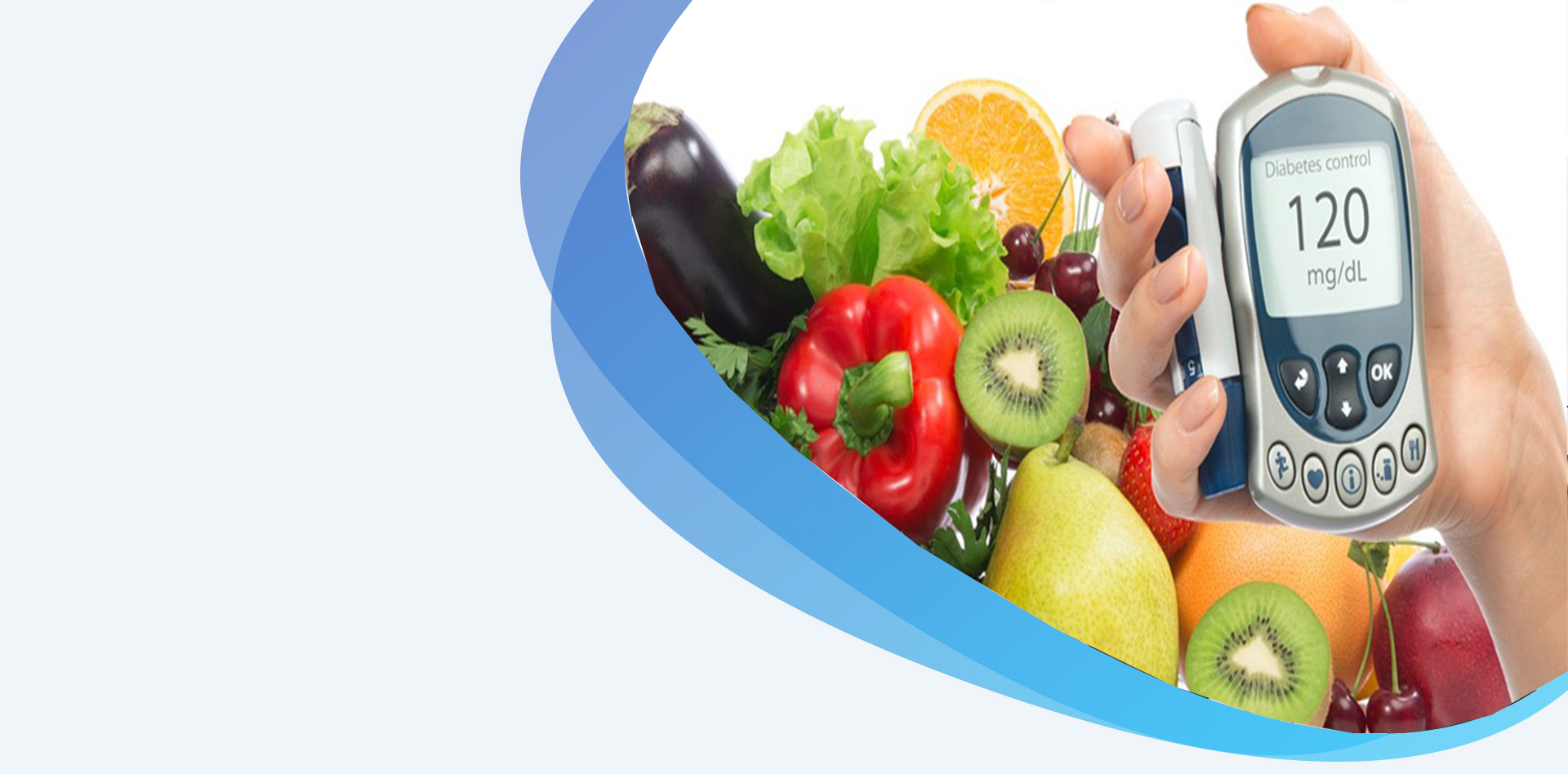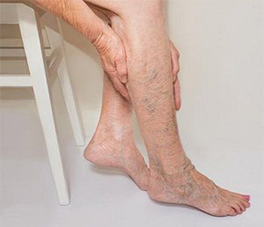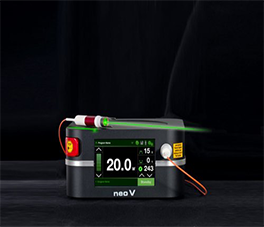Wound Care-Probiotic Diet


It is well known that a healthy diet is important for overall health, but what you eat can also make a difference in how quickly a wound heals.
That’s important because slow-healing wounds leave you more vulnerable to infection and other problems. What’s more, you probably would like to be back on your feet again as quickly as possible.
The most important thing to understand is that even a relatively small wound can drastically affect the way your body metabolizes nutrients. This is called the catabolic phase and, when you’re in it, your body requires all the help it can get.
What that means—practically speaking—is that any extra protein, fats, carbohydrates and antioxidants are being used to create new tissue. During this period, your body will have a greater demand for nutrients—and it’s important that it gets them to heal properly.
It’s extremely important to eat enough—and to eat high-quality nutritious foods. It’s also important to stay hydrated. Here's how to heal wounds faster by incorporating some key food items into your diet:
During wound healing, you’ll need at least two to three servings a day of protein. If you don’t get enough protein, some of it will go toward providing your body with energy, instead of healing your wound. Try beans, nuts, eggs, lean proteins, milk and protein supplements. Aim for 20 to 30 grams of protein at each meal and 10 to 15 grams of protein in two snacks daily.

Green leafy vegetables are rich sources of essential elements like Iron, Vit K (an important clotting adjuvant). It is imperative that you build up your hemoglobin levels and that you have good clotting mechanism as the most critical part of wound healing is an activated clotting pathway and the ability of the body to fight off infections.

Research shows that wound healing can be “significantly accelerated” by getting extra vitamin C. So go for red peppers, citrus fruits, kale, broccoli, strawberries, pineapple, kiwi and mangos.
Another powerhouse nutrient is zinc, which is found in beef, liver and crab. It’s also found in smaller amounts in sunflower seeds, peanut butter, almonds and wheat germ. Zinc is the second most abundant trace metal found in the human body and, according to a clinical review by the non-profit Wounds International, is considered “a major trace element in the wound-healing process because of its involvement in many different cellular processes.”
You can probably guess the foods you shouldn’t be eating if you want to heal a wound—empty calories found in things like soda, processed foods, alcohol, sugar and refined grains.
Supplements may be helpful in certain circumstances but should be discussed with your doctor before taken.
If you have a wound that’s not healing, it’s critical to seek medical attention. Wounds that don’t heal properly can cause serious complications.

The Vein & Artery Clinic has a complete team of wound care professionals. One of our major strength is our team of Dietitians who are experts in the planning of advanced probiotic diets for patients with chronic wounds.
Patients with chronic wounds suffer significant malnutrition because of the following reasons:
Our Dietitians have the expertise to incorporate the repair and regenrative components into your dietary habits that best suit your religious and cultural preconceptions. A weekly review in the clinic and regular online support helps you in achieving the optimal nutritive state for accelerated wound healing.
Our dietitians shall make a custom diet plan for you on a weekly basis and shall incorporate both probiotic natural foods as well as proprietary nutritional supplements to achieve the best calorific and body repair balance.